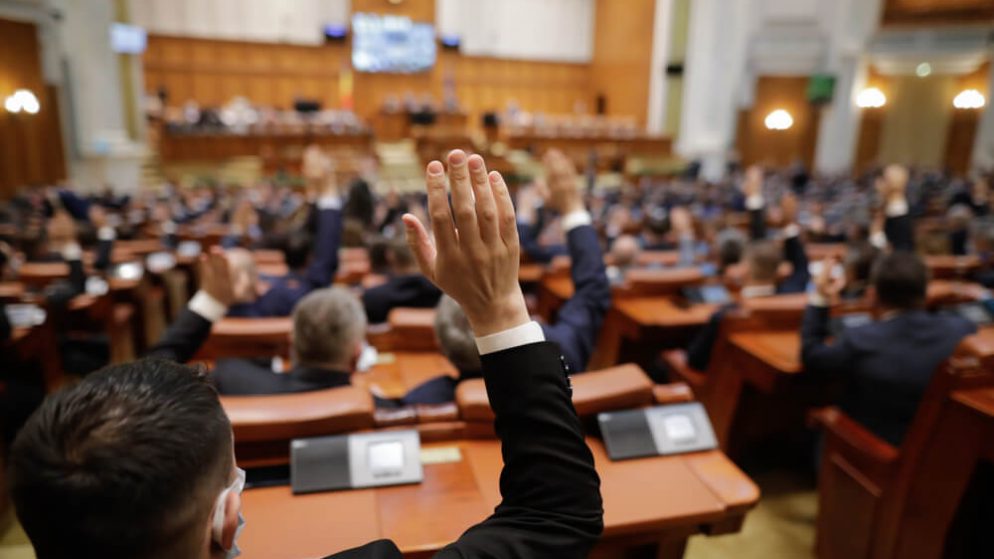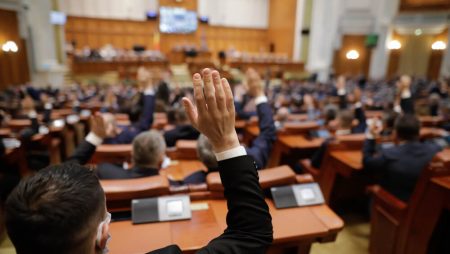

State senator Cristina Castro has been vocal about the need to have clear legislation to govern the operations of online casinos. In recent times, she has been reportedly pushing for laws specifically designed to support online casinos in the state. She is riding on the back of bill SB1656 that seeks to establish a law to legalize online casinos, and in turn, empower the state financially through increased tax collection.
According to a report published by SBC Americas, the legislation would give power to racetracks and casinos in Illinois to apply for approval to offer internet gaming. The process will be simplified by the fact that a single license will carry up to 3 skins. The cost of the license will be $250,000 and all regulatory activities will be handled by the Gaming Board of Illinois.
What we cover
The future of online gambling in Illinois
In a recent report that was published by an online news agency, market analysis indicates that Illinois is among the states that will in the near future introduce online gambling. While it is anticipated that any legal process is going to take some time, the start for Illinois has already been initiated. Any individual or institution that plays a part in passing such legislation must consider the benefits of passing the bill.
The effects of the pandemic cannot be downplayed especially if a clear look at the economic impact is considered. Online gambling is likely to be warmly embraced because it will fit right into the calendars of those who spend a lot of their time indoors. It is also an easy income- generating stream for offsetting budget needs at all levels of administration.
By having a regulated market, the protection of players is assured because the state would require operators to adhere to laid down rules and regulations. Another important component of a legal framework is the honoring of the self-exclusion which many illegal operators will ignore to the detriment of their players.
Furthermore, establishing regulations is going to ensure the protection of players since all operators with valid licenses will have to abide by the rules and exclude players who choose to keep off gambling for various reasons. Even though there was an unsuccessful shot at setting up an Illinois Internet Gaming Act in 2021, it is possible that the topic will come up in related discussions held within the year.
However, with the introduction of internet gaming for the gambling enthusiasts of Illinois, industry experts anticipate the presence of obstacles along the way. The income enjoyed by state administration from tax revenue from video gaming terminals (VGTs) is substantial. In 2022 alone, $786 million was raised from taxes collected; this is more than twice the amount of income that was levied on traditional casinos outside of sports wagering.
In 2019, six new casinos were granted approval to set up legal gambling businesses in downtown Chicago. It is expected that these brands will have ushered in their new lot of players sometime before the end of 2023 – this is the only way that the goals of the gaming expansion bill will been realized.
Whether these establishments will be open temporarily or permanently, the focus by authorities is on the revenue generated. With so many brands setting up shops within the same locality, an increase in revenue from retail gambling can be expected. This will in turn make it even more difficult for internet gambling to pick momentum in Illinois.
15% Tax Rate
Once the bill as introduced by Sen. Castro is passed, one of its key clauses is the tax rate that will be applied to adjusted gross revenue. A rate of 15% has been proposed, and operators will be able to deduct promotional credits. Unlike the law that regulates sports betting in Illinois, there will be no in-person registration requirement in online casinos.
Even though the law seeks to enhance the profitability of the casino industry through exploration of different avenues of betting, it does not address the efforts of diversity and responsible gambling. When people visit operator websites, they must be able to find and apply self- exclusion according to individual challenges. Some bettors admit that they started out gambling out of curiosity but as time went by, they discovered that stopping was quite a challenge. Without proper avenues of restraining oneself, an activity entered into innocently could lead to family struggles, self-destruction, and strain on community resources.
In addition to providing information on awareness and healing on responsible gambling, licensed operators will also be required to prepare annual diversity progress versus goals report for the scrutiny of shareholders. All the applications made under the new bill will have to adhere to short deadlines as set out in the details. For operators that have interactive gaming licenses issued earlier, requirements must be met early to prevent being held up by slow processes often experienced by Maryland and Massachusetts in the sports betting industry.
Castro has been down this road before but the attention her efforts drew that time was not sufficient to influence any laws. With areas such as Illinois commanding remarkable success in sports betting, legislators are hopeful that the electorate will support laws that have a direct benefit to their state. Business expansion often happens following a history of success with an existing model; it is time for online gambling to come into effect after sports’ betting has been witnessed to perform well.
Final Thoughts
Gambling will always be there but a lot of change should be expected in areas of delivery and range of gaming options. Goodwill of all stakeholders is a key component in ensuring that individual as well as institutional goals are realized. For the benefits of online betting to be fully understood by the market, those who push for legalization must be willing to educate the masses.

